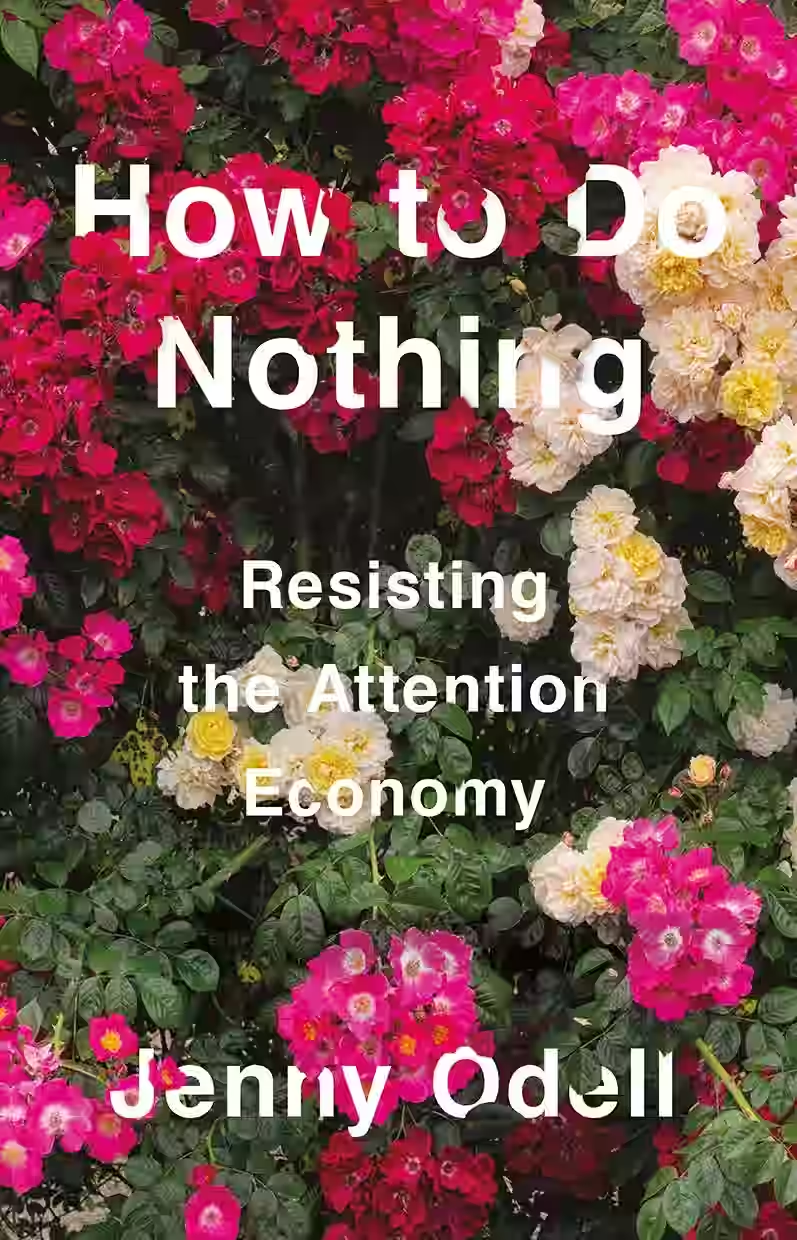
In How to Do Nothing, artist and writer Jenny Odell critiques the modern attention economy and its constant demands for productivity and engagement. Instead of advocating literal inactivity, Odell calls for a conscious redirection of attention toward meaningful experiences—like community, nature, and contemplation. Drawing from art, philosophy, ecology, and social theory, she argues that stepping away from digital noise is a political and creative act. The book is both a cultural critique and a philosophical meditation, offering a radical rethinking of how we spend our time and what we value in an age of distraction.
About Jenny Odell
Jenny Odell is an American artist, writer, and educator known for her work at the intersection of technology, attention, and ecology. Based in the San Francisco Bay Area, she teaches at Stanford University and explores themes such as digital surveillance, labor, and urban space. Her debut book, How to Do Nothing: Resisting the Attention Economy, became a surprise bestseller and manifesto for mindful disengagement. Odell draws from philosophy, natural history, and art to challenge the demands of constant connectivity. Her work advocates for reclaiming time and presence in an age of distraction and redefines productivity through slowness and intentionality.
Similar Books
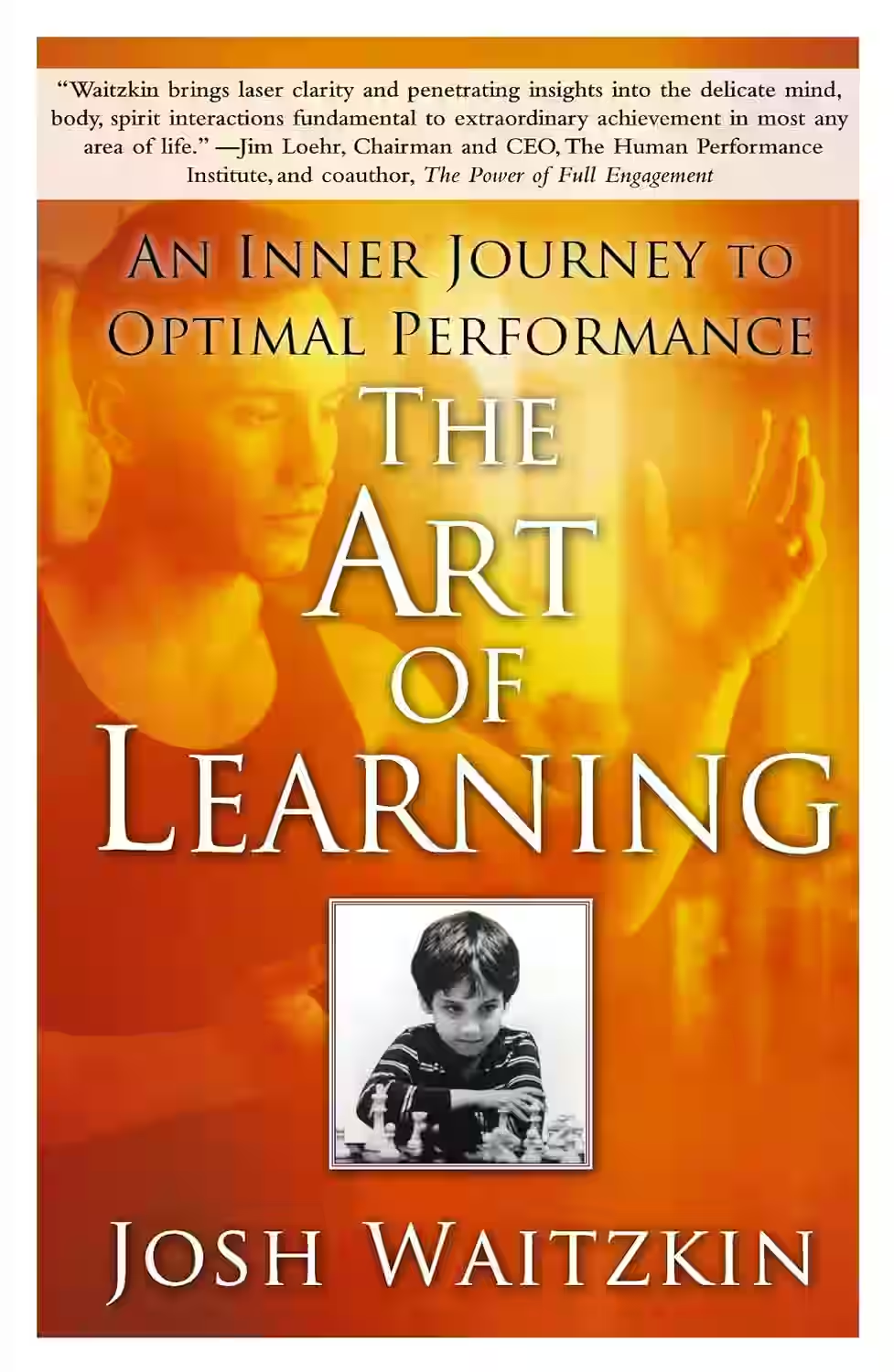
The Art of Learning
In The Art of Learning, chess prodigy and martial arts champion Josh Waitzkin shares his journey of mastering two disciplines to reveal universal principles of performance and personal growth. Blending autobiography with actionable insights, he discusses focus, resilience, and the psychology of peak performance. Waitzkin emphasizes the importance of incremental progress, embracing adversity, and turning setbacks into growth. His philosophy integrates Eastern and Western approaches to learning and competition. Whether applied to sports, business, or creative pursuits, The Art of Learning is a compelling guide to developing mastery through mindfulness, self-awareness, and continuous refinement of one’s process.
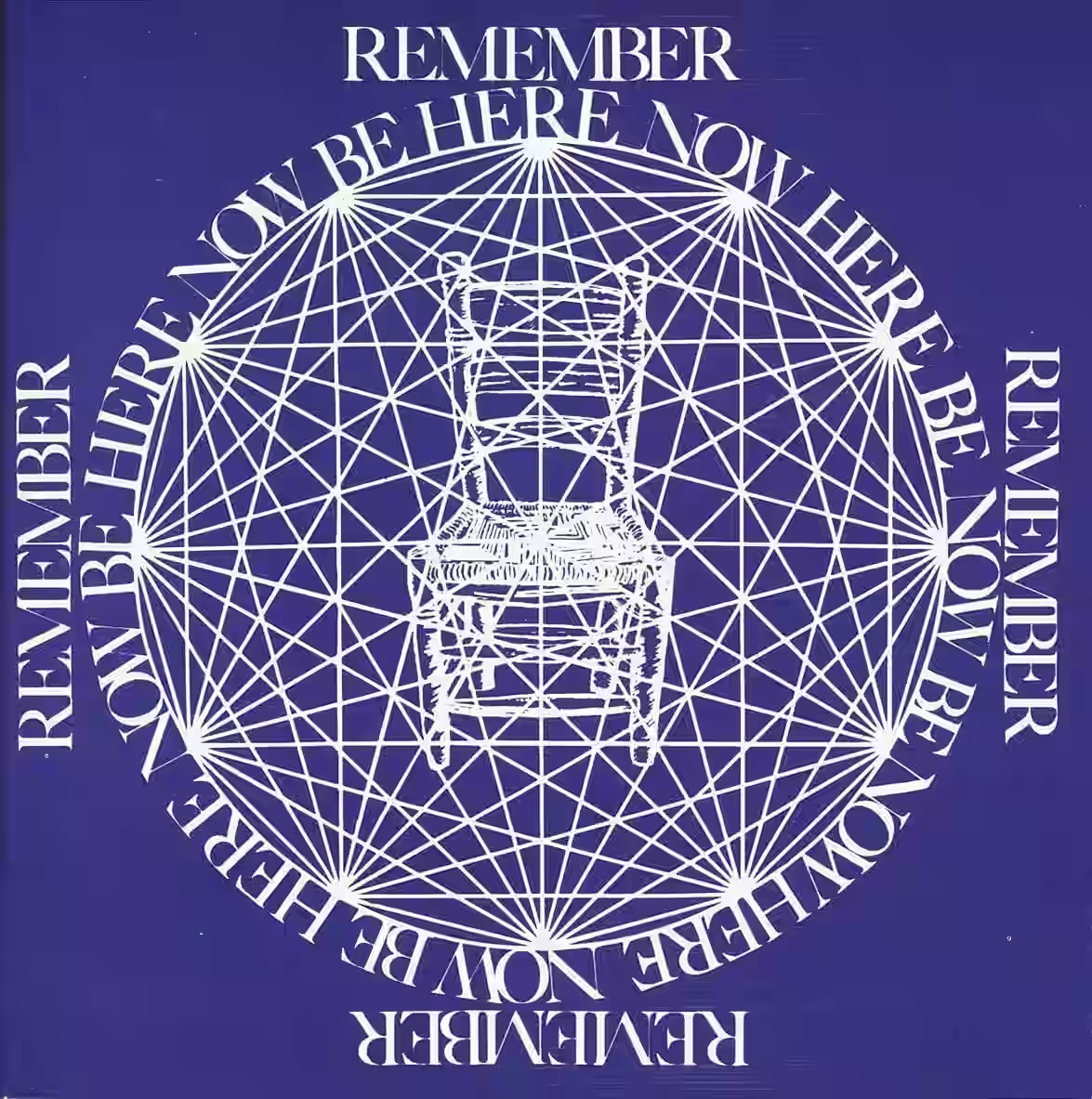
Be Here Now
by Ram Dass
Part memoir, part spiritual guide, Be Here Now traces Harvard psychologist Richard Alpert’s transformation into Ram Dass after a life-altering trip to India. Blending Eastern philosophy, psychedelic exploration, and yoga teachings, the book offers a path to mindfulness and enlightenment. Its iconic illustrations and free-form structure embody its message of living in the present moment. Ram Dass emphasizes love, surrender, and the inner journey, encouraging readers to release ego and awaken to higher consciousness. A seminal work in 1970s counterculture, it remains a deeply influential text for spiritual seekers, mindfulness practitioners, and open-hearted wanderers alike.
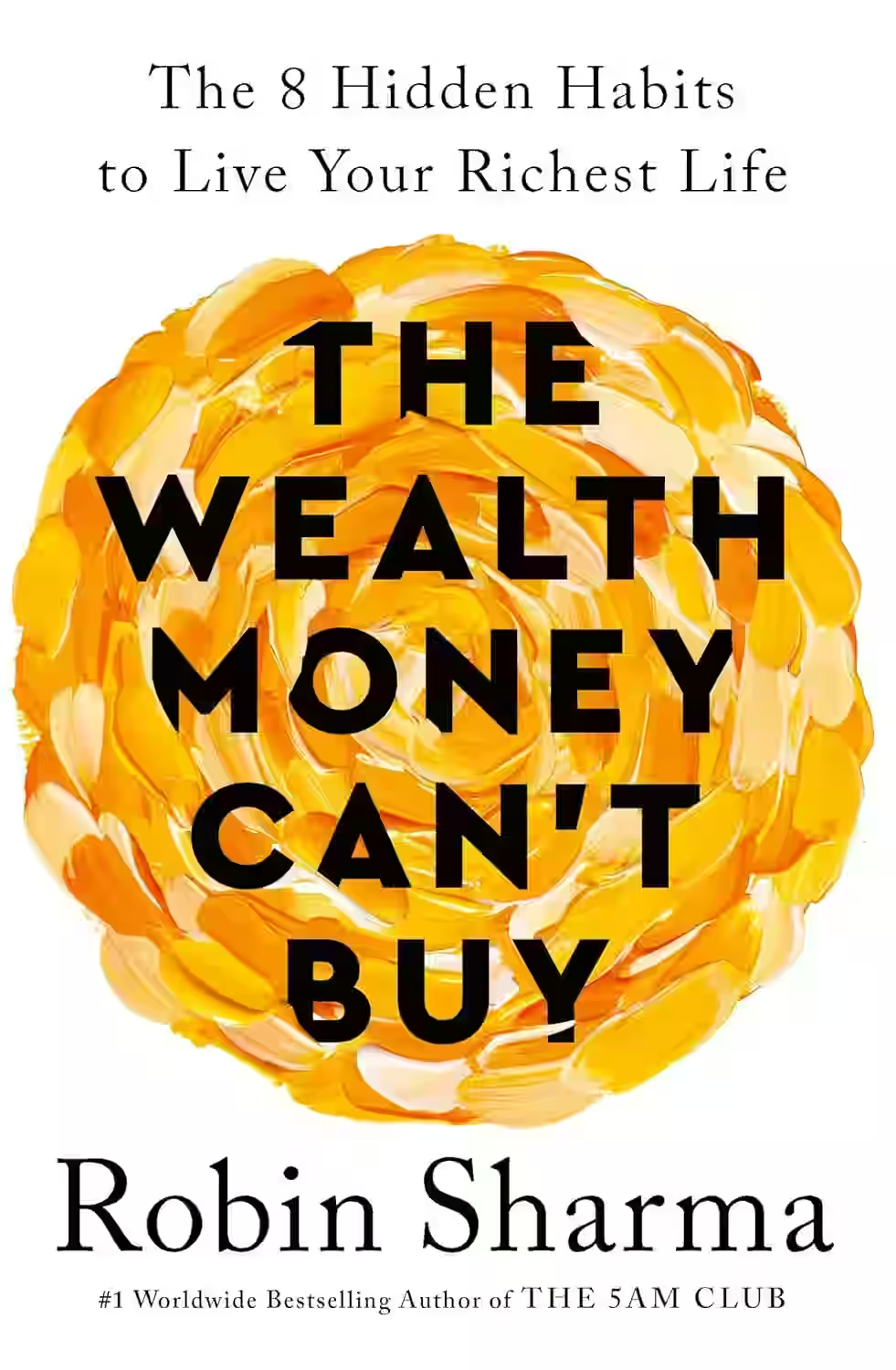
The Wealth Money Can't Buy
by Robin Sharma
Robin Sharma’s The Wealth Money Can’t Buy redefines success by focusing on inner fulfillment rather than material gain. Drawing from leadership principles, spiritual teachings, and self-mastery practices, Sharma outlines seven forms of wealth—ranging from personal vitality and freedom to impact and character. The book serves as a roadmap for a meaningful life rooted in authenticity, purpose, and contribution. Through parable and reflection, it challenges readers to pursue a legacy of richness beyond money, aligning values with daily action.
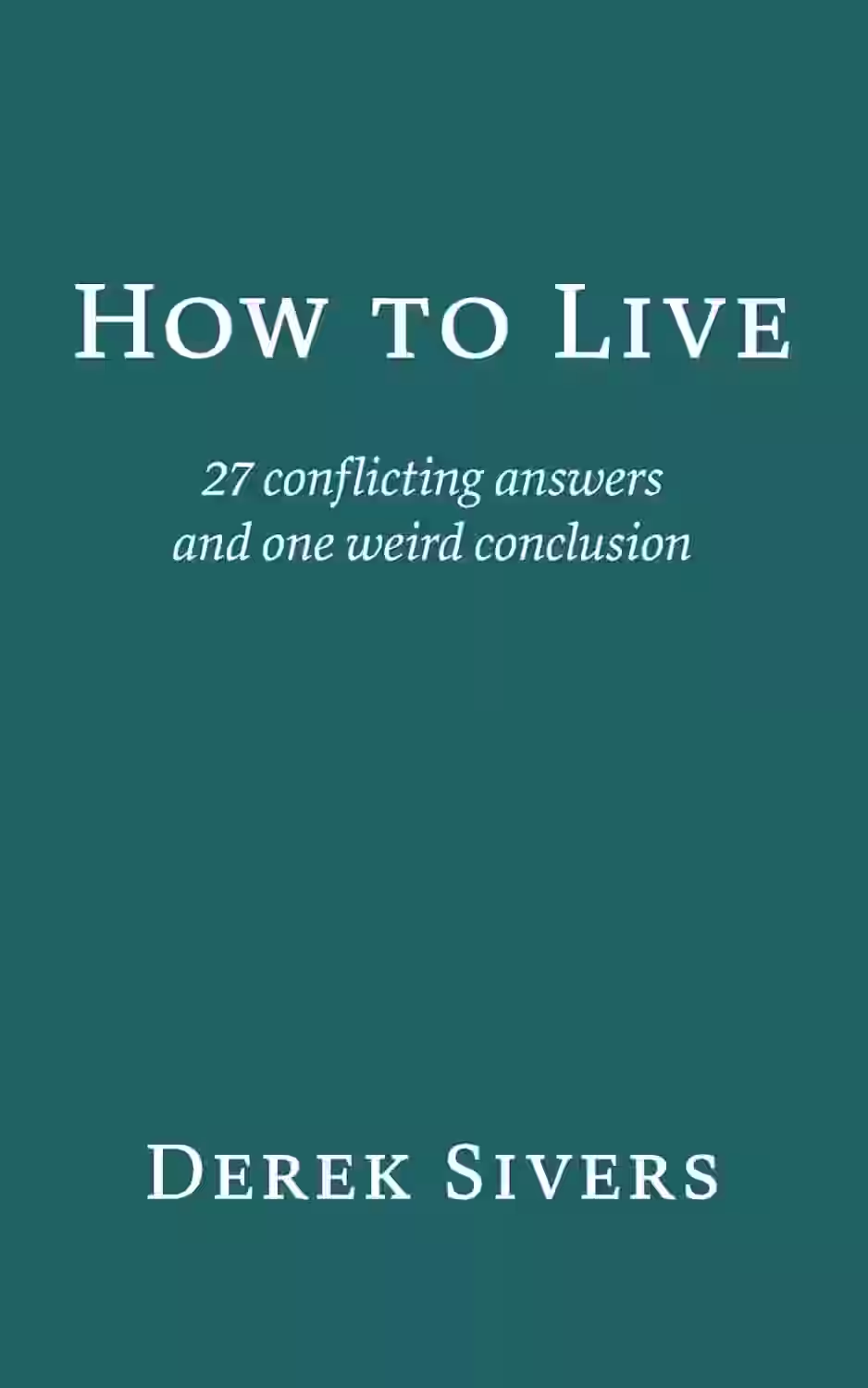
How to Live
by Derek Sivers
In How to Live, Derek Sivers offers 27 radically different philosophies for living a meaningful life—each chapter presenting a distinct worldview with confidence and conviction. From “Be independent” to “Commit fully,” the book explores contradictory yet compelling ideas, encouraging readers to reflect on what matters most. Rather than offering a single path, Sivers embraces complexity, suggesting that the truth of how to live may lie in navigating these contradictions. Written in his signature minimalist, thought-provoking style, How to Live is part philosophy, part self-inquiry, and part creative manifesto—ideal for readers seeking clarity, flexibility, and personal growth.